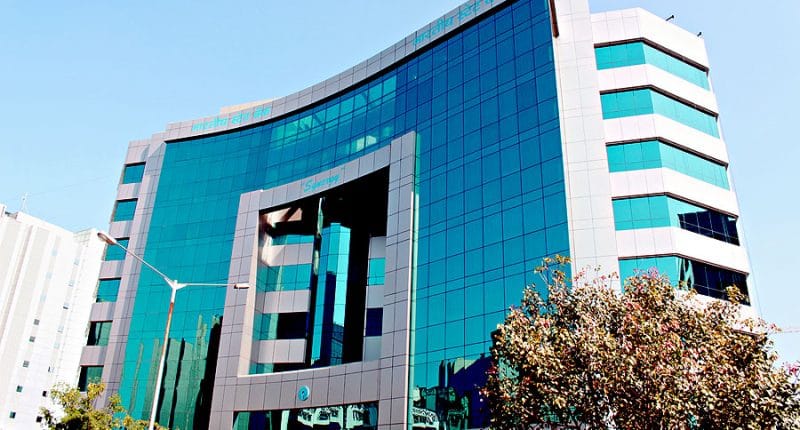With cryptocurrency on a massive growth spree, the basic framework behind the technology-i.e. blockchain, has been seeing increasing popularity, and is becoming an imminent part of the financial structure of various organizations. SBI, a household name when it comes to banking in India, has partnered with JP Morgan to make use of its blockchain technology to make cross border transactions more seamless, according to a report by ET.
The platform, known as Liink, is used for secure peer to peer transfers, and has been able to win the confidence of many companies and financial organizations around the world. With focus on P2P transfers, Liink works to ensure faster cross border transactions, bringing the time required for the transfer from over a fortnight to just a few hours.
“We are excited to be the first bank in India to go live on the network and look forward to closer partnership with JP Morgan on implementation and exploring application as part of the network to better serve our clients,” Venkat Nageswar, deputy managing director of international banking at SBI, told ET.
This move will help SBI expand its offerings, as it continues to adopt more and more digital solutions to facilitate better banking. On the other hand, it will also make SBI “the first bank in India to go live on the network and look forward to closer partnership with JP Morgan on implementation and exploring application as part of the network to better serve our clients,” Nageswar said to ET.
This comes off the back of a massive growth in the value of Bitcoin and other cryptocurrencies, helping in taking blockchain mainstream. With investments from the likes of Tesla and Twitter’s Jack Dorsey, Bitcoin was able to breach the $50,000 barrier for the first time in history, and thus, Indians are gravitating towards cryptocurrencies and the potential they show.
However, even though Blockchain is seeing adoption, cryptocurrency continues to operate in an uncertain zone, at least in India. India’s banking regulator, the RBI, may be looking to use blockchain in a different manner, and develop a ‘digital rupee’, with the government considering a possible ban on all other private cryptocurrencies.
The Tech Portal is published by Blue Box Media Private Limited. Our investors have no influence over our reporting. Read our full Ownership and Funding Disclosure →





